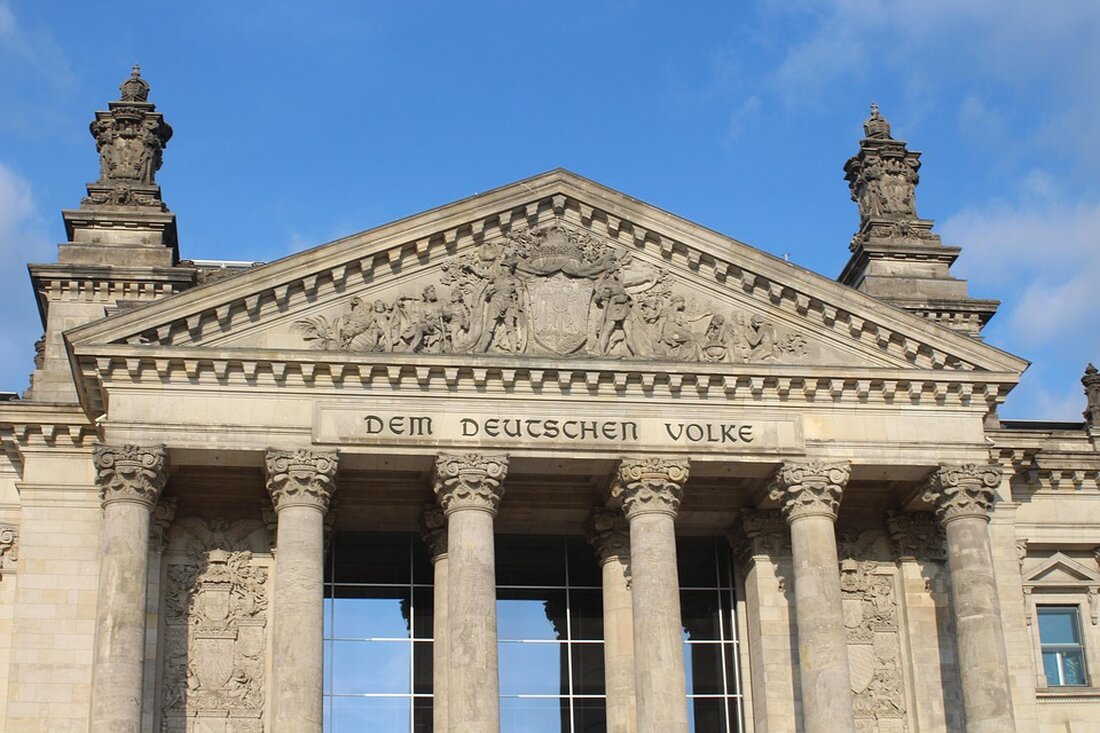Chancellor Merz calls for peace: ceasefire for Ukraine now!
Chancellor Merz calls for an unconditional ceasefire in Ukraine. EU plans new sanctions against Russia. Current developments.

Chancellor Merz calls for peace: ceasefire for Ukraine now!
On May 15, 2025, Chancellor Friedrich Merz (CDU) called for an “unconditional” ceasefire in Ukraine to enable urgently needed talks for lasting peace. Merz made these demands after a meeting with UN Secretary-General Antonio Guterres, where the need for quick talks was emphasized. In the current situation, the EU Commission is shedding light on the ongoing Ukraine conflict by asking it to develop new proposals for sanctions against Russia that will affect both the energy and financial sectors.
On May 13, a serious incident occurred when a Russian military aircraft (Sukhoi Su-35) violated Estonian airspace. Estonian Foreign Minister Margus Tsahkna described this event as unacceptable and a sign of escalating tensions in the region. It is also reported that Russian Foreign Minister Sergei Lavrov will not attend the planned meeting on the Ukraine war in Istanbul, while it remains unclear whether President Vladimir Putin will attend.
Ceasefire and peace talks
The situation is aggravated by an ultimatum to Russia for a ceasefire that has already passed. Ukraine and its European allies, including Germany, France, Britain and Poland, had called for a 30-day, complete and unconditional ceasefire as a prerequisite for peace talks. Russia rejected this ultimatum and continued to attack, further destabilizing the region.
UN Secretary-General António Guterres has offered support for a just peace solution and underlined the importance of a ceasefire. At least two people were killed and nine others injured in a Russian rocket attack in the northeastern Ukrainian city of Sumy. German Foreign Minister Johann Wadephul emphasized close coordination with the USA to seek peace in Ukraine and threatened Russia with consequences if it did not respond to President Volodymyr Zelensky's offer.
New sanctions and international diplomacy
The EU has already adopted 16 sanctions packages against Russia since the start of the war, with a 17th package in preparation. This package will include measures against the Russian shadow fleet and companies that circumvent existing sanctions. Given Hungary's unclear agreement to new measures, it remains to be seen how the EU will respond to the ongoing aggression.
Meanwhile, US President Donald Trump is also interested in taking part in the talks in Turkey if Putin is also present. While Putin expressed the desire for direct negotiations and stated that there should be no preconditions, Russia has nevertheless formulated its own demands. Many observers suspect that Putin is unwilling to speak directly with Zelensky; Discussions could therefore possibly only take place at the level of special envoys.
In addition, three Ukrainians were arrested in Germany and Switzerland who are suspected of planning attacks on goods transport in Germany. These events highlight the complex situation and ongoing security concerns surrounding the conflict and underscore the need for clarification and diplomacy.
The dynamics of the Ukraine conflict therefore remain tense as international actors continue to try to broker peace and stabilize the humanitarian situation.
For more information see BR.de and Tagesschau.de.

 Suche
Suche
 Mein Konto
Mein Konto